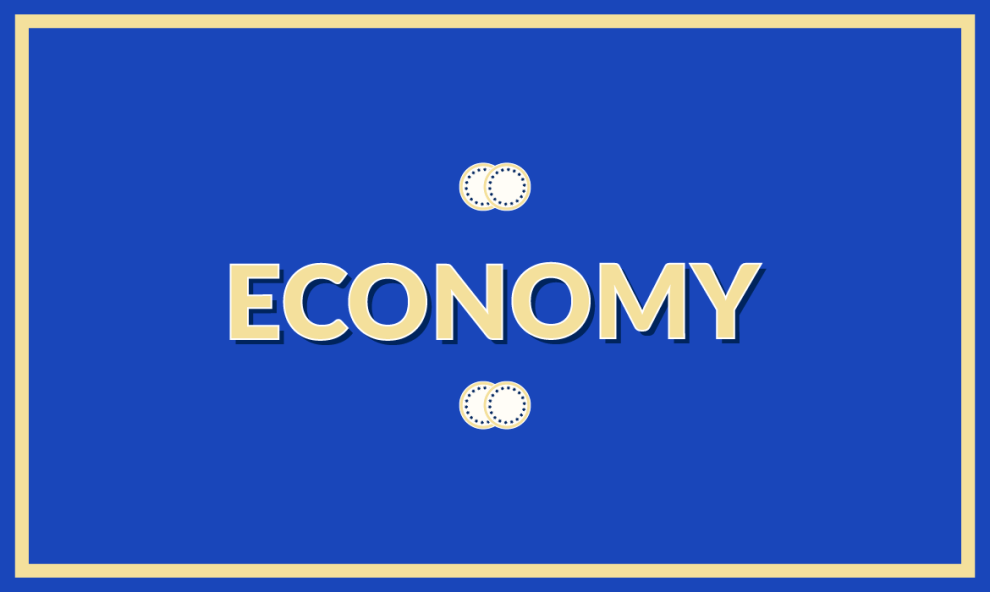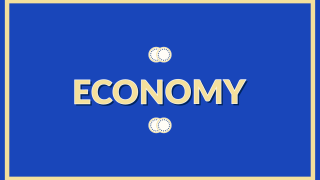The obsession with raising tax revenues reminds me of the film Brewster’s Millions, with Richard Pryor in the lead role. Brewster would receive an enormous inheritance but only if he spent 30 million dollars in one month or he’d lose it. The objective of the one bequeathing the funds was to show Pryor’s character the value of money. It looks easy but is tremendously difficult to find ways to spend so much money in so little time. Well, for someone normal. For governments and politicians there’s never a limit to what they can imagine being able to spend. So it’s much easier to look for ways of raising taxes than to justifying the rationality of expenses that they take so naturally.
There’s nothing natural about spending so much money. Of course a government has innumerable responsibilities and functions that require the defrayment of costs and that’s what taxes are for. Therein lies the basic elements, such as the physical safety of the population, justice, health and education, in addition to matters such as the representation of the country in foreign nations and the creation of material conditions under which the population is able to prosper, such as infrastructure, traffic regulations and the like.
This said, the first question that one should pose is, under which of these headings do we Mexicans possess anything that remotely reflects competence, if not excellence. There is not a sole heading under which our government is guided by the criteria of efficiency, the achievement of objectives or quality, let alone productivity, the new fad. The notion of the more spent the better the result is, as is said of second marriages, the triumph of hope over experience.
But in our case this is barely the take-off point. The frittering away of resources is legendary in the Federal Government, but exemplary when compared with the way resources are squandered by state governors and municipal presidents. Still worse is the permanent obsession to “depetrolize” the public finances. I ask myself why.
First, we all know the type of Ali Baba’s cave that PEMEX is. The entity that could be one of our greatest growth engines is no more than a space of interminable corruption, inefficiency, the property of its bureaucracy and union, and the source of slush funds for obscure political objectives. In a word, PEMEX is a bottomless pit that will never be accountable or contribute to the national economy more than what it does today: pay for the exploitation of the resource that, according to our Constitution, belong to all Mexicans and not only to the entity’s internal interests.
Despite this, the notion is not only ubiquitous but also, I would dare say, universal, that instead of the funds that the Federal Government currently receives for the exploitation of the natural resource, these funds should remain within the entity and that the government would collect the difference by other means, that is to say, throwing more money at the corrupt monster so that there would be fewer opportunities yet for promoting the development of the country.
Behind all this lies the concept that David Mamet years ago summed up with clarity in his book The Secret Knowledge: “Our politicians, left and right, are, to belabor the metaphor, the wastrel son: they are free to spend, to chase fantasies, and to squander resources, for the resources are not theirs, and there is no penalty for their misuse or loss”.
Now that we are entering into a new round of fiscal reform, it would be worthwhile to remember that there is a surplus of reasons for the government to collect more and spend on the country’s development. The problem is that these things should be connected. It would be worthless to collect more if all that we are going to achieve is withdrawing resources from the population that could be better employed by the citizenry, generating growth via private investment or consumption. Nor would it be of service for the government to have more resources if all of these will end up disappearing due to their ill use or because they were subtracted or detoured by corruption.
At the heart of the fiscal matter there’s another of the mismatches that the country has experienced in recent decades. Although for many Mexicans, beginning with the politicians, it may not be obvious, the opening of the economy changed the entire logic of the functioning of the country. From the moment that the government stopped controlling everything –imports as well as freedom of expression- the country began to revolve around the functioning of the economy. In this context, it is not by chance that Mexico’s Department of the Interior (Gobernación) is no longer the pivot around which national affairs revolve: the key stopped being repressive control. From that moment, the key to the functioning of the country passed to the axis formed by the Ministries of the Treasury and of the Economy. But this has not really sunk in among politicians and the media.
The country’s great problem is that the system of government has not changed: it continues operating under premises that were valid in the fifties but that left off being so and that today are totally irrelevant. During that epoch, through centralized expenditure and iron-fisted control of foreign trade, the government was the heart of the economy’s functioning. In the same fashion, it exercised total control over the governors, media, political parties, businesses and unions. In addition to this, everything was organized to benefit the political bureaucracy in terms of job posts and personal enrichment. What that political class never lost sight of is that the key to their permanence resided in there being economic progress. The latter disappeared from the map in the 1970s.
Economic liberalization altered all of those relations but did not create a new structure nor did it reform the existing one. Worse, the changes were abrupt and lacked strategy in both the economic and political realms. The controls disappeared, the governors appropriated the budget, businesses responded as best they could (some winning like sharks, others languishing, some becoming impacting successes), the unions became independent and the country ceased being an organized entity. The bureaucratic disorder, the public insecurity and the violence are not the product of chance.
Going back to the fiscal reform: what the country requires is a reform of the government as a whole, from the “federal pact” (the relationship of the federal government with the states) to proper and formal accountability on the use of public funds. The fiscal reform is an unavoidable component of a radical reorganization of the government, but it is not a substitute for this. Collecting more taxes is not what Mexico needs. Mexico needs a government that functions and not only because it now has competent politicians, but because it has structures that oblige it to do so.
Spend!






Comments